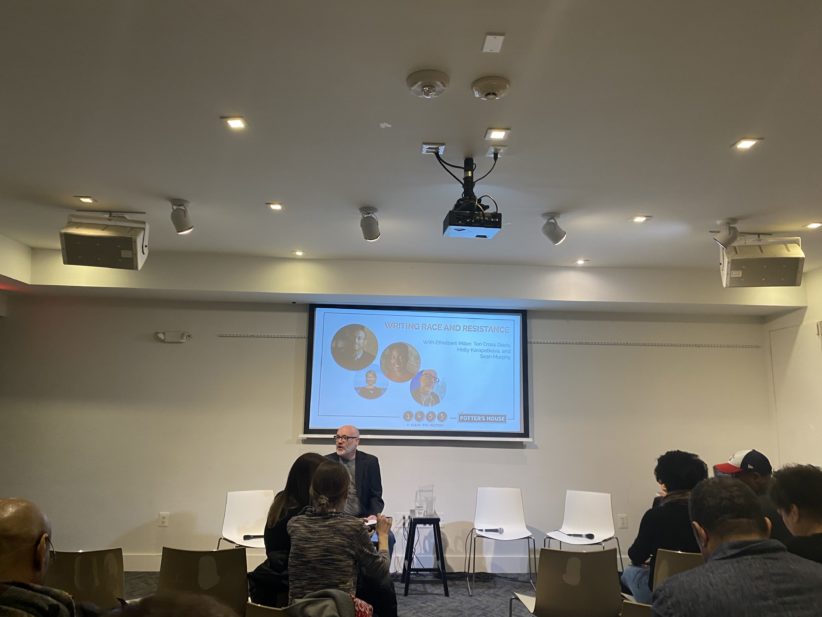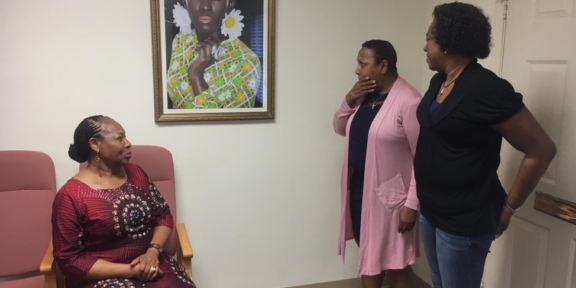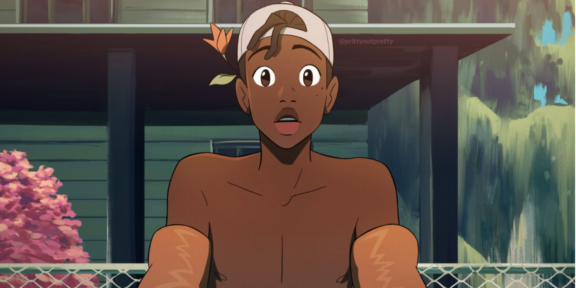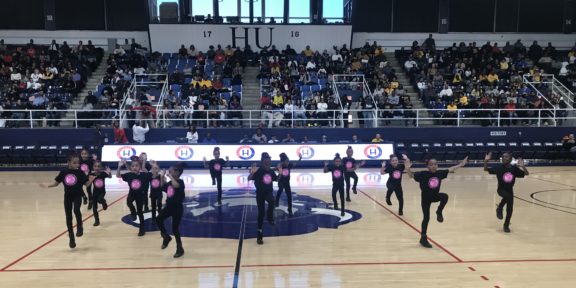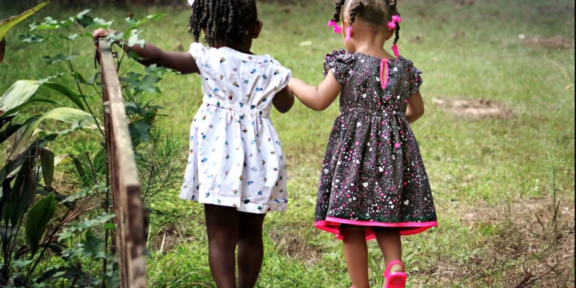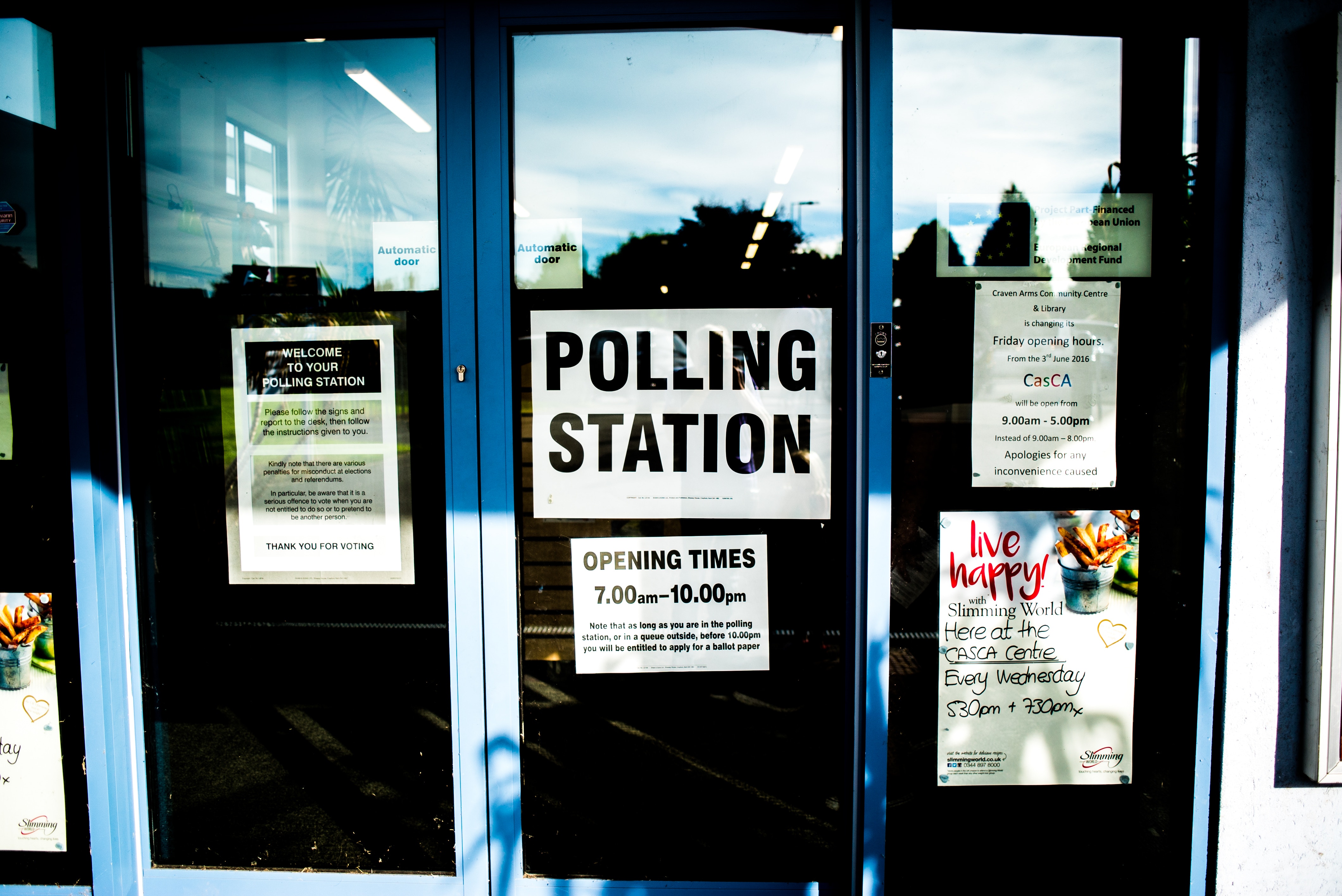By Josyana Joshua, Howard University News Service
Washington, D.C.- At a time when race and resistance are often discussed, writers regularly grapple with how to properly write about it properly and in an impactful way.
In honor of Black History Month, Potter’s House in partnership with literary organization 1455, hosted a discussion on February 15, “Writing Race and Resistance.” Panelists included poet and former Howard University professor Ethelbert Miller, poet and poetry coordinator for the Folger Shakespeare Library in Washington, D.C. Teri Ellen Cross Davis, poet and author Holly Karapetkova and 1455’s Executive Director Sean Murphy.
The main discussion of the panel, as the title suggests, was how all panelists write about race and resistance and the importance of writing about these topics in the work they do. Ethelbert Miller discussed many of his personal experiences which he believed helped him write about race and resistance in the way he does. He discussed how he ended up in poetry originally, with a story detailing a part of his teenhood. Miller then went on to discuss the impact writing about race should have on the community and on the writer. “For the individual poet who writes about race. There should be some sort of radical transformation,” Miller said. “If you’re attacking poems about race, after you write those poems, you should be transformed,” to which the panelists and audience members all agreed.
Murphy, who acted mostly as a moderator throughout the night, posed the question, “What are the challenges writing about race from either a historical or personal perspective?” Teri Ellen Cross Davis was the first to answer, discussing her feelings of authenticity. “I think the challenge for me is authenticity,” Cross Davis said. “Because I want to make sure that I’m not misrepresenting a voice. I want to make sure that I’m placing a voice in context, and in conversation with the peers of that time, and with the environment and what’s going on in the culture at that time.” She went on to say that the right amount of research and insight could help make the writing more authentic. Holly Karapetkova, as a white woman, expressed how often white people tend to get things wrong when writing about race and resistance. “I didn’t start writing about it [race] for many years,” Karaptkova said. “Because as a white person whenever you talk about race, you’re going to get it wrong because there’s just so much that you don’t understand.”
All panelists read a variety of poems from different poems and about different topics. Some of the most poignant poems being read after Ethelbert Miller discussed the raising of his daughter. He discussed encouraging her to draw him and his family with brown crayons after realizing she was using other colors and only allowing her to play with black Barbies. After both Teri Cross Davis and Holly Karapetkova read poems regarding the beauty and identity of black girls. Karapetkova read a poem titled, “Snow White” and Cross Davis read a poem titled “White Barbie.”
At the end of the discussion an audience member, who didn’t include his name, posed the question, “In this highly politicalized era where are the poets, where are the artists with the vision, as it was during that early period, during the Black Arts Movement? What is repressing that energy, preventing that from being a part of this process of bringing awareness to the masses of people?” Miller responded there are movements there, mainly being led by the immigrant community. He also mentions the awareness is just not as obvious as before. “The good thing is happening within our literature. It’s very subtle and very very important,” Miller said. “I’ll take someone like Marina Golden, in one of her novels all of a sudden you see a Muslim character. Okay, that’s very important because those are the sort of conversations we have to have within.” Another audience member, Jewel responded to the same question. “Where are the writers? Where are the poets? Sir, you asked that question. We’re here. We’re still here for those of us that are still alive. And who can still communicate.”

